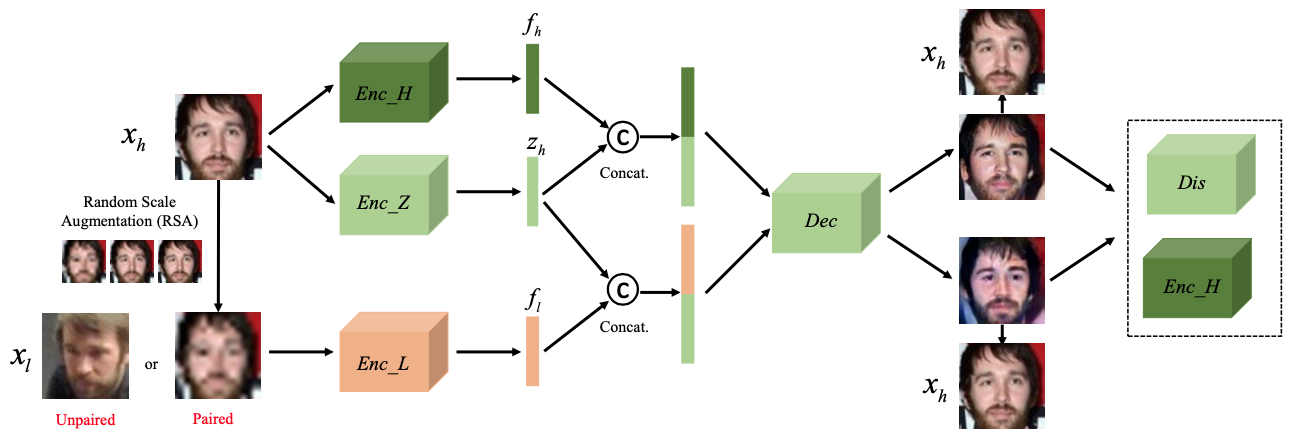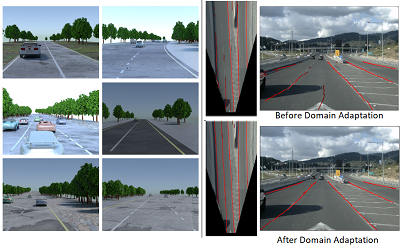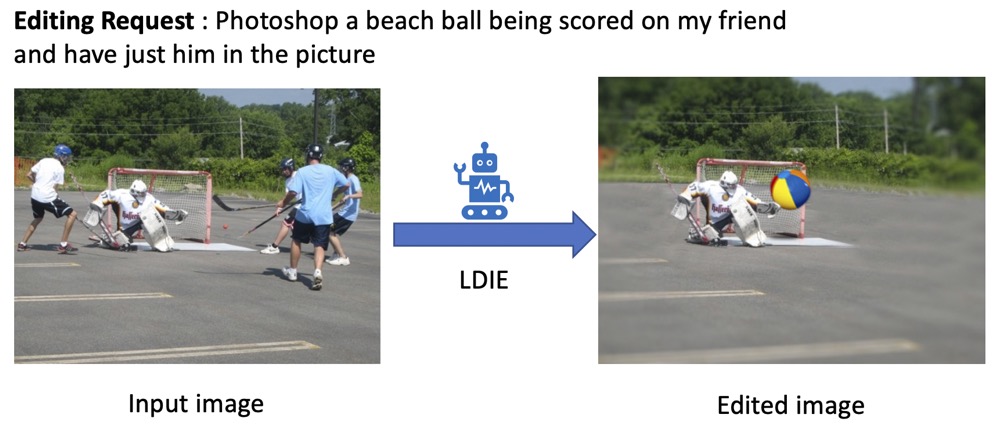Second-order Camera-aware Color Transformation for Cross-domain Person Re-identification
Wangmeng Xiang (The Hong Kong Polytechnic University), Hongwei Yong (The Hong Kong Polytechnic University), Jianqiang Huang (Damo Academy, Alibaba Group), Xian-Sheng Hua (Alibaba Group), Lei Zhang ("Hong Kong Polytechnic University, Hong Kong, China")*
Keywords: Low-level Vision, Image Processing
Abstract:
In recent years, supervised person re-identification (person ReID) has achieved great performance on public datasets, however, cross-domain person ReID remains a challenging task. The performance of ReID model trained on the labeled dataset (source) is often inferior on the new unlabeled dataset (target), due to large variation in color, resolution, scenes of different datasets. Therefore, unsupervised person ReID has gained a lot of attention due to its potential to solve the domain adaptation problem. Many methods focus on minimizing the distribution discrepancy in feature domain but neglecting the differences among input distributions. This motivates us to handle the variation between input distributions of source and target datasets directly. We propose a Second-order Camera-aware Color Transformation (SCCT) that can operate on image level and align the second-order statistics of all the views of both source and target domain data with original ImageNet data statistics. This new input normalization method, as shown in our experiments, is much more efficient than simply using ImageNet statistics. We test our method under different settings on Market1501, DukeMTMC and MSMT17 and achieve leading performance in unsupervised person ReID. To show that our methods can generalize well on other tasks we also conduct experiments on Vehicle ReID and achieves consistent improvements over baseline methods.
SlidesLive
Similar Papers
FAN: Feature Adaptation Network for Surveillance Face Recognition and Normalization
Xi Yin (Microsoft Cloud & AI)*, Ying Tai (Tencent YouTu), Yuge Huang (Tencent YouTu), Xiaoming Liu (Michigan State University)

Synthetic-to-real domain adaptation for lane detection
Noa Garnett (GM), Roy Uziel (Ben-Gurion University), Netalee Efrat (General Motors), Dan Levi (General Motors)*

A Benchmark and Baseline for Language-Driven Image Editing
Jing Shi (University of Rochester)*, Ning Xu (Adobe Research), Trung Bui (Adobe Research), Franck Dernoncourt (Adobe Research), Zheng Wen (DeepMind), Chenliang Xu (University of Rochester)
